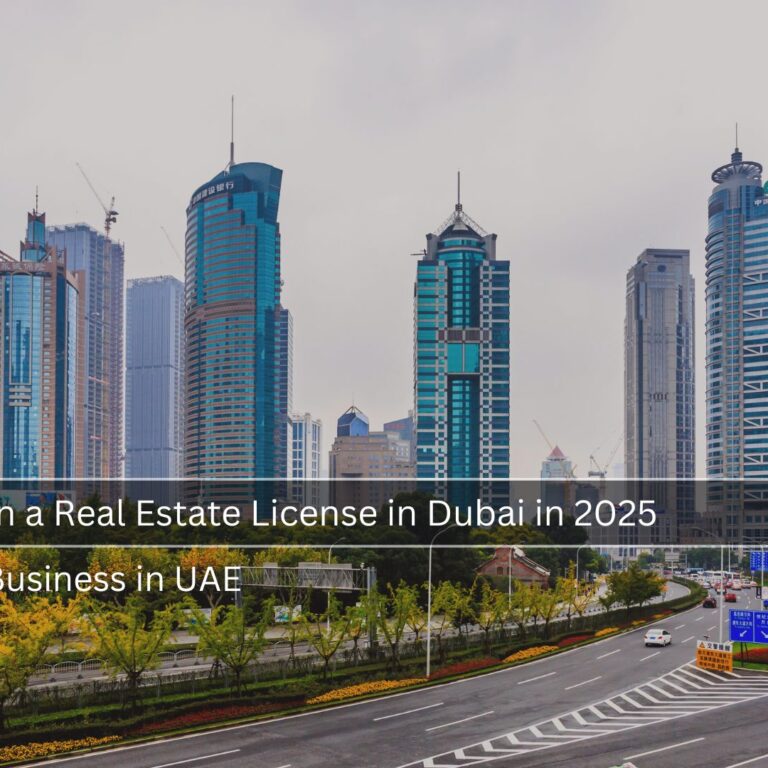
How to Sell on Amazon UAE – Amazon Seller Account UAE
How to Sell on Amazon UAE in 2025: Amazon Seller…

How to Sell on Amazon UAE in 2025: Amazon Seller…

How to Setup your Business in Dubai Mainland in 2025…

Business Setup in Ras Al Khaimah Free Zone in 2025…

How to Obtain a Real Estate License in Dubai in…

How to Start a Manufacturing Business in Dubai in 2025:…

Questions to Ask Before Setting Up a Business in Dubai…